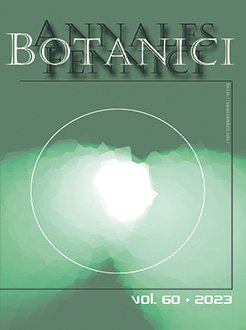For invasive plant species that associate with mutualists, the presence of suitable partners or a lack thereof can be important to invasion success. We studied the effects of site invasion history and soil microbiota on the performance, folivore damage, and resistance to a fungal disease of the invasive legume Lupinus polyphyllus (Fabaceae). We discovered that the plant invader benefited from soil microbes: plants treated with an intact soil inoculum nodulated more than those grown in autoclaved soils, and tended to have higher biomass and a smaller relative investment in roots as compared with that in shoots. However, the origin of soil inoculum (previously invaded, uninvaded) had no effect on the invader's performance, the occurrence of folivory or resistance to fungal disease. Our results indicate that mutualistic associations in soils outweigh potential antagonistic interactions between plants and soil pathogens. Nevertheless, these mutualistic associations are not unique to previously invaded sites in the study area.
How to translate text using browser tools
29 March 2023
Growth of Invasive Lupinus polyphyllus (Fabaceae) is Not Affected by Site Invasion History
Satu Ramula,
Aino Kalske
ACCESS THE FULL ARTICLE

Annales Botanici Fennici
Vol. 60 • No. 1
January 2023
Vol. 60 • No. 1
January 2023




